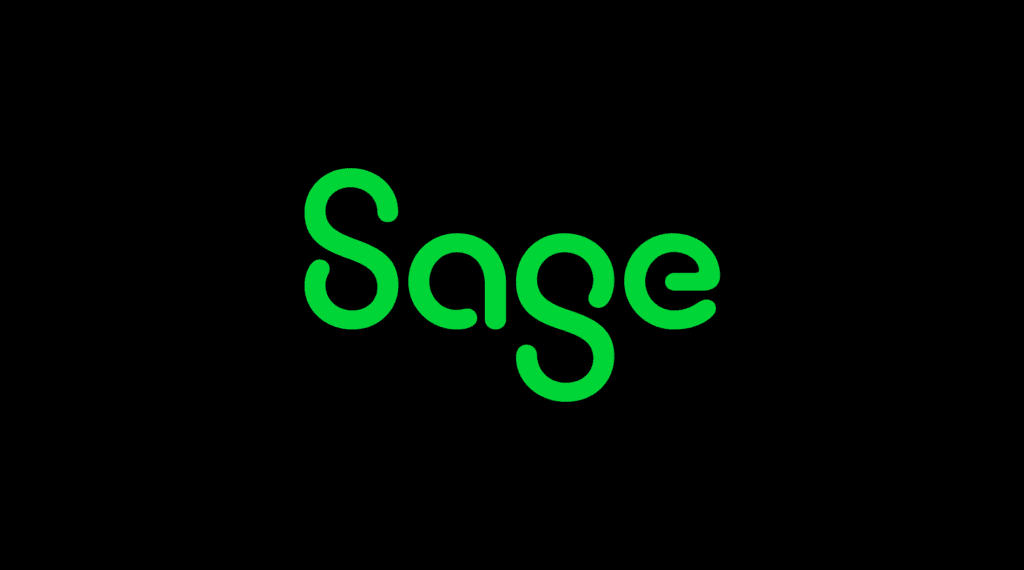Cloud based accounting software has revolutionized the way businesses manage their finances. By moving accounting processes online, organizations of all sizes now have the ability to access financial data in real time, streamline their bookkeeping tasks, and collaborate more effectively.
This article explores ten key benefits of adopting cloud based accounting software, focusing on how it improves efficiency, accuracy, and strategic decision-making for modern businesses.
1. Real-Time Access to Financial Data
Cloud based accounting software enables users to access up-to-date financial information from any location with internet access. Whether it’s a business owner reviewing cash flow from a smartphone or an accountant reconciling bank transactions from a remote location, the cloud provides instant access to critical data.
This real-time capability allows for more timely financial decisions and enhances transparency across departments. It also reduces dependency on in-office systems or specific workstations, making financial oversight more flexible and responsive.
2. Improved Collaboration and User Access Control
With traditional accounting systems, collaboration was often limited to in-office interactions or cumbersome file transfers. Cloud based accounting software supports multi-user access, allowing teams to collaborate simultaneously.
This is particularly useful for businesses with external accountants or remote finance teams. Most platforms include detailed user permission settings, ensuring that users can only access the specific data or modules relevant to their role. This improves both security and productivity.
3. Automatic Backups and Data Security
Losing accounting data due to hardware failure or accidental deletion can be disastrous. Cloud based solutions provide automated backups, ensuring financial records are regularly saved and stored securely off-site.
Reputable providers use advanced encryption protocols and redundant data centers to protect against breaches, ensuring sensitive financial information remains secure. Many platforms also comply with industry-specific data protection regulations, giving businesses peace of mind when handling sensitive financial information.
4. Cost Efficiency and Reduced IT Overhead
Cloud accounting eliminates the need for expensive on-site servers, dedicated IT staff for software maintenance, and recurring costs associated with manual updates. Subscription-based pricing models typically allow businesses to pay monthly or annually based on their needs, which is more predictable than large upfront costs.
Software updates are deployed automatically by the provider, reducing downtime and IT workload. This scalability is particularly valuable for small and medium-sized businesses aiming to manage costs while gaining access to sophisticated financial tools.
5. Streamlined Invoicing and Payments
Most cloud based accounting software includes built-in invoicing features that allow businesses to create, send, and track invoices digitally. Many systems also offer online payment integrations, enabling customers to pay directly through the invoice using credit card, ACH, or third-party payment gateways.
Automated reminders and recurring billing options reduce the need for manual follow-ups, leading to faster payments and improved cash flow. Businesses can also monitor invoice status in real time, ensuring better control over accounts receivable.
6. Simplified Tax Compliance and Reporting
Preparing for tax season can be a major burden without proper recordkeeping and categorization. Cloud accounting platforms automatically record and organize transactions throughout the year, minimizing the risk of errors or omissions.
Many platforms offer tax reporting features such as sales tax tracking, 1099 preparation, and integration with tax filing software. These features not only streamline compliance but also reduce the likelihood of penalties from misreporting.
7. Integration with Other Business Tools
Modern businesses rely on multiple software tools to manage operations—CRM systems, e-commerce platforms, payroll services, inventory management, and more. Cloud based accounting software often integrates with these systems, enabling seamless data flow across the organization.
Integrations eliminate the need for duplicate data entry and reduce errors by synchronizing information automatically. This connectivity ensures financial reports reflect the most current business activity across departments.
8. Accurate and Customizable Reporting
One of the most valuable features of cloud based accounting software is its ability to generate detailed financial reports on demand. Users can customize reports by date range, department, account type, or project to gain insight into various aspects of business performance.
Real-time reporting ensures that business owners and finance teams can monitor KPIs such as profit margins, expense trends, and liquidity metrics without waiting for end-of-month reconciliations. This agility supports better budgeting, forecasting, and strategic planning.
9. Audit Readiness and Activity Tracking
Cloud based platforms maintain detailed logs of all user activity, including changes to transactions, invoice status updates, and login records. This audit trail can be critical in demonstrating financial compliance or identifying discrepancies during internal reviews.
Many systems also store digital copies of receipts, invoices, and statements, allowing businesses to maintain comprehensive records without relying on physical storage. This digital documentation can be crucial in supporting deductions or answering auditor questions.
10. Scalability for Growing Businesses
As businesses grow, their accounting needs become more complex. Cloud based solutions are inherently scalable—whether adding more users, increasing storage, or expanding into new financial modules such as multi-currency support or advanced inventory management.
This scalability allows businesses to adapt their accounting system without undergoing costly migrations or platform changes. Whether managing a single storefront or multiple business entities, cloud accounting systems can be tailored to fit the needs of evolving operations.
Additional Benefits Worth Noting
Beyond the ten primary advantages, there are several additional benefits that make cloud accounting even more compelling:
- Mobile Accessibility: Most platforms offer mobile apps, allowing users to manage financial tasks on the go, such as uploading receipts, approving payments, or checking balances.
- Eco-Friendly and Paperless: Cloud solutions reduce reliance on physical paperwork, supporting environmental initiatives and lowering office supply costs.
- Business Continuity: In the event of a disaster or shutdown, financial records are safely stored in the cloud and accessible from any internet-enabled device, reducing operational disruptions.
- Customer Support and Training: Many providers offer extensive customer support, onboarding guidance, and training resources, ensuring users can leverage all features effectively.
The shift to cloud based accounting software is more than a technological upgrade—it’s a strategic decision that provides greater control, efficiency, and insight into a business’s financial health. With enhanced accessibility, security, and integration options, cloud platforms empower businesses to make better decisions, reduce administrative burden, and scale with confidence.
As more organizations embrace remote work and digital transformation, cloud accounting is quickly becoming the standard for modern financial management. Whether you’re a sole proprietor or managing a growing enterprise, the benefits of cloud based accounting software make it a critical investment for long-term success.











![Free Business Budget & Cash Flow Templates [Excel & Google Sheets]](https://www.glassjar.io/wp-content/uploads/2025/03/Business-Budget-Cash-Flow-Templates-Excel-Google-Sheets-.jpg)



Leave a Reply